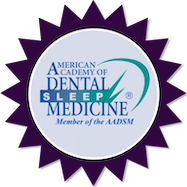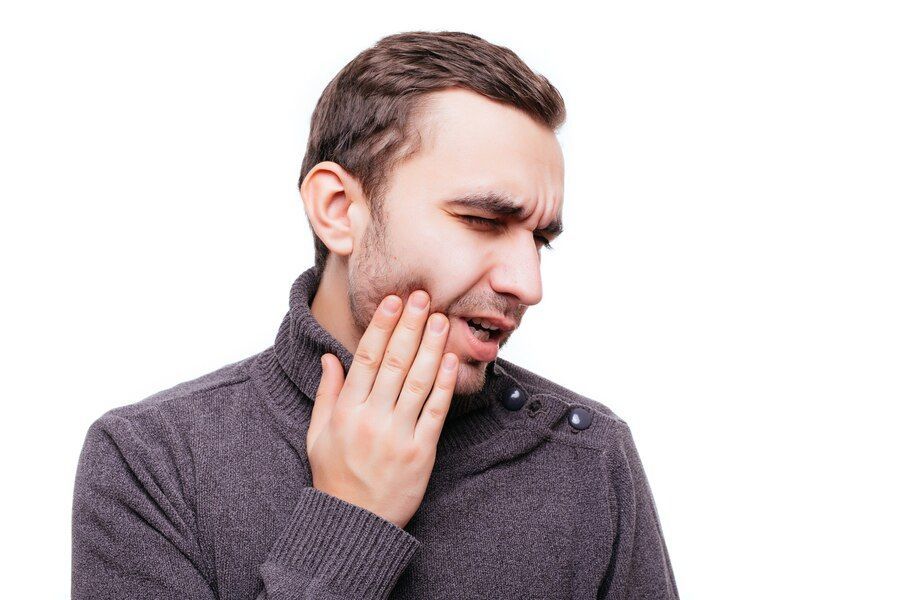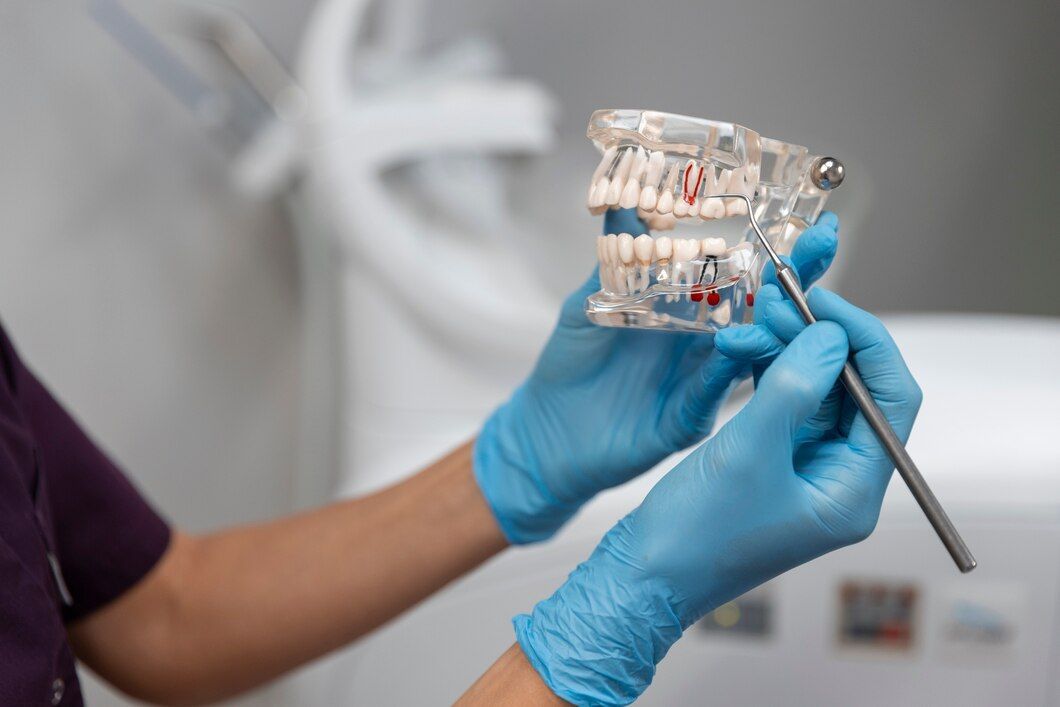Welcome to Fuller Sleep & TMJ Solutions | Greensboro, NC | frontdesk@fullersleep.com
Understanding Craniofacial Pain and How Dr. Fuller Helps

Craniofacial pain refers to pain in the face and head area. This type of pain can be debilitating and may interfere with daily activities like eating, talking, and even sleeping. Understanding the nature of craniofacial pain and its various causes is essential for finding relief and improving one's quality of life.
In this article, we discuss craniofacial pain, its common causes, Dr. Fuller's approach to diagnosis, and the effective treatments available at Fuller Sleep & TMJ Solutions. This information will help you better understand your condition and take the necessary steps toward relieving your pain.
What Is Craniofacial Pain?
Craniofacial pain refers to any pain felt in the head, face, or neck area. It can affect these regions' muscles, joints, nerves, and bones. Craniofacial pain often manifests as headaches, jaw pain, and soreness in the face, and it can be mild or severe, constant or intermittent.
People experiencing craniofacial pain might feel discomfort when doing regular activities such as chewing, talking, or smiling. The pain may also spread to other parts of the head and neck. This wide range of symptoms makes craniofacial pain complex and often confusing.
Pain in the craniofacial region can significantly impact one’s quality of life. It can lead to difficulty eating, sleeping, and performing daily tasks. Understanding chronic pain and how it affects the body is essential to finding relief and maintaining well-being.
Common Causes of Craniofacial Pain
Several factors can contribute to craniofacial pain. One of the most prevalent causes is temporomandibular joint (TMJ) disorders. These disorders affect the joint connecting the jaw to the skull and can lead to pain in the jaw, face, and head.
Another common cause is dental issues such as impacted teeth, gum disease, or infections. Problems with tooth alignment or bite can also contribute to pain in the craniofacial region. Occasionally, oral infections or abscesses can cause significant discomfort in the head and neck areas.
Nerve problems can also lead to craniofacial pain. Conditions like trigeminal neuralgia affect the facial nerves and cause sharp, intense pain. Additionally, muscle tension, often caused by stress or poor posture, can lead to chronic pain in the face, neck, and shoulders.
Injuries to the head or neck, including whiplash or fractures, can cause lingering pain. Arthritis and other inflammatory conditions can also affect the joints in the facial region, causing pain and stiffness. Understanding these common causes can help diagnose and treat craniofacial pain effectively.
Dr. Fuller's Approach to Diagnosing Craniofacial Pain
Dr. Fuller starts by thoroughly understanding your symptoms and medical history. This helps pinpoint the possible causes of your craniofacial pain. He listens carefully to your experiences, noting when and where you feel the pain most intensely and what factors trigger it.
Next, Dr. Fuller physically examines your head, neck, jaw, and facial muscles. He looks for signs of tenderness, inflammation, or abnormalities that might explain your pain. Sometimes, the examination includes feeling the joints for clicking or popping sounds, which can indicate TMJ disorders.
Dr. Fuller may use advanced diagnostic tools like X-rays, MRIs, or CT scans to get a detailed look at your head and jaw structures. These images provide critical insights into bone alignment, joint health, and any hidden issues causing your pain. Dr. Fuller can create a treatment plan tailored to your needs with a clear diagnosis.
Effective Treatments for Craniofacial Pain at Fuller Sleep & TMJ Solutions
Once Dr. Fuller has diagnosed the cause of your craniofacial pain, she can recommend the best treatments for relief. One effective method is oral appliance therapy. These custom-made devices are designed to fit your mouth and help ease pressure on the jaw and surrounding muscles, reducing pain and improving function.
Dr. Fuller might also suggest physical therapy exercises to strengthen the muscles around your jaw, neck, and shoulders. These exercises can help improve posture, reduce tension, and promote a more relaxed jaw position, decreasing pain over time.
Medication can also help manage craniofacial pain. Dr. Fuller may prescribe anti-inflammatory drugs, muscle relaxants, or pain relievers to reduce inflammation and ease discomfort. In some cases, medication injections directly into the affected area can provide quick and lasting relief.
Dr. Fuller believes in a holistic approach, so she might recommend lifestyle changes such as stress management techniques, dietary adjustments, and better sleep practices. Combining these treatments often provides the best results, helping you find lasting relief from craniofacial pain.
Conclusion
Craniofacial pain can be complex and challenging, but understanding its origins and possible treatments can make a significant difference. Recognizing the symptoms and knowing when to seek help are crucial steps in managing this pain effectively. Dr. Fuller’s comprehensive approach ensures you get the right diagnosis and a personalized treatment plan to address your needs.
At Fuller Sleep & TMJ Solutions, we provide tailored care to help manage and alleviate craniofacial pain. Our expertise in oral surgery, appliance therapy, physical therapy, and holistic methods ensures a well-rounded approach to your health and comfort.
If you’re struggling with craniofacial pain, don’t wait to find relief. Contact Fuller Sleep & TMJ Solutions today to schedule an appointment with Dr. Fuller and start your journey toward a pain-free life. We are here to help you every step of the way.

CONTACT US
Fuller Sleep & TMJ Solutions
1515 West Cornwallis Dr Suite 110 Greensboro, NC 27408
BUSINESS HOURS
Monday: 8am – 5pm
Tuesday: 8am – 5pm
Wednesday: 8am – 5pm
Thursdays: 8am – 2pm
All Rights Reserved | Fuller Sleep & TMJ Solutions
© 2023 All Rights Reserved | Fuller Sleep & TMJ Solutions
Website designed by: Morningdove - Accessibility Statement












